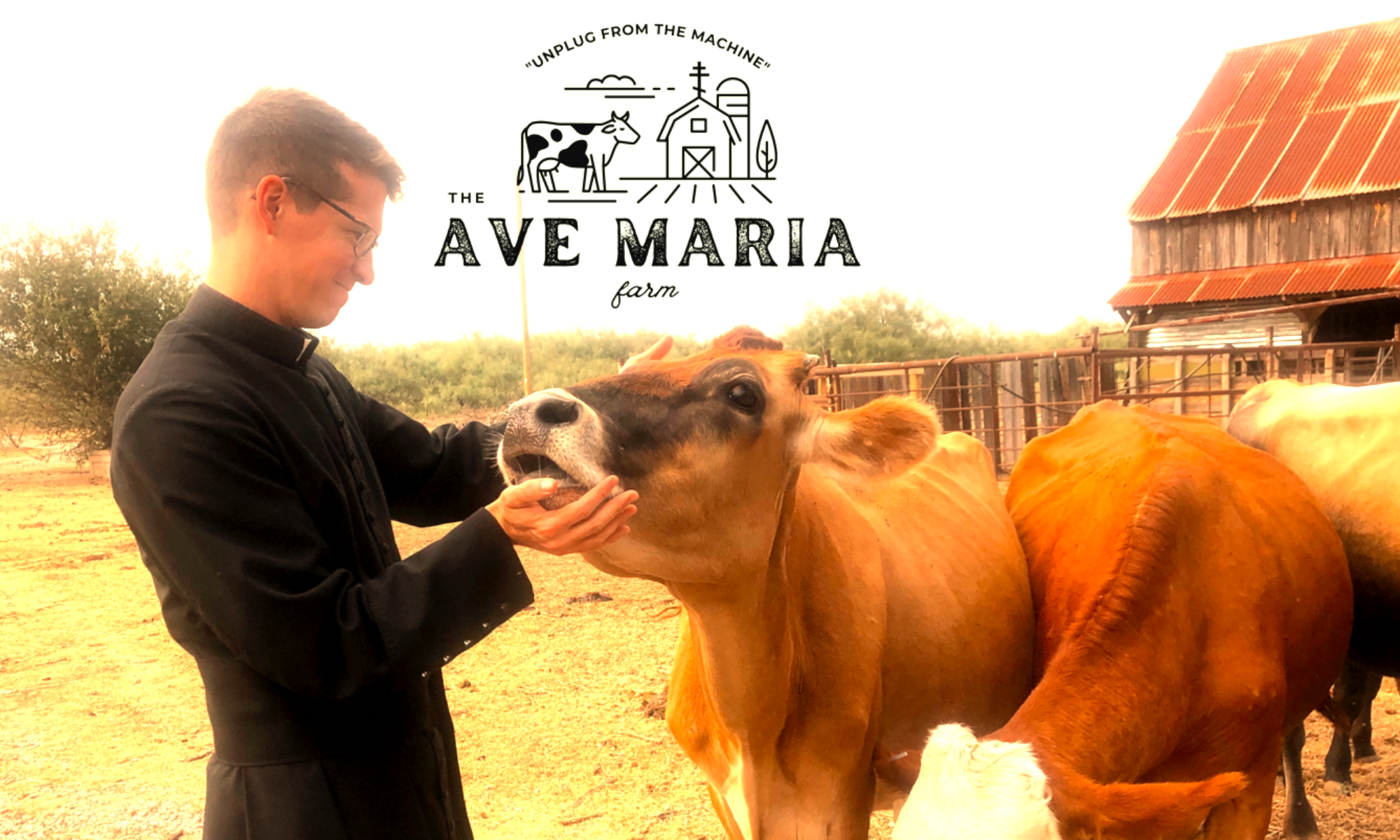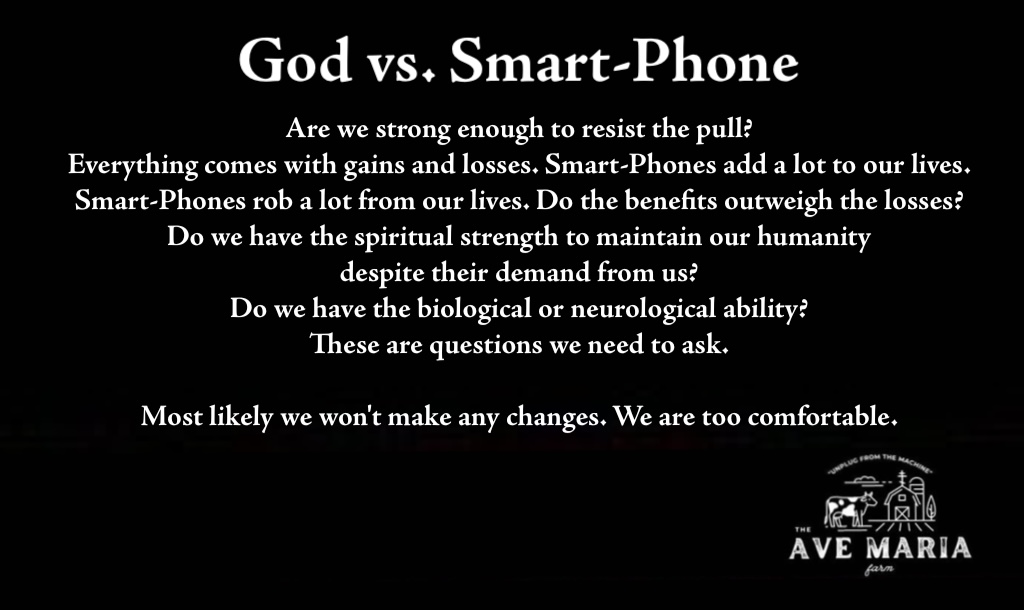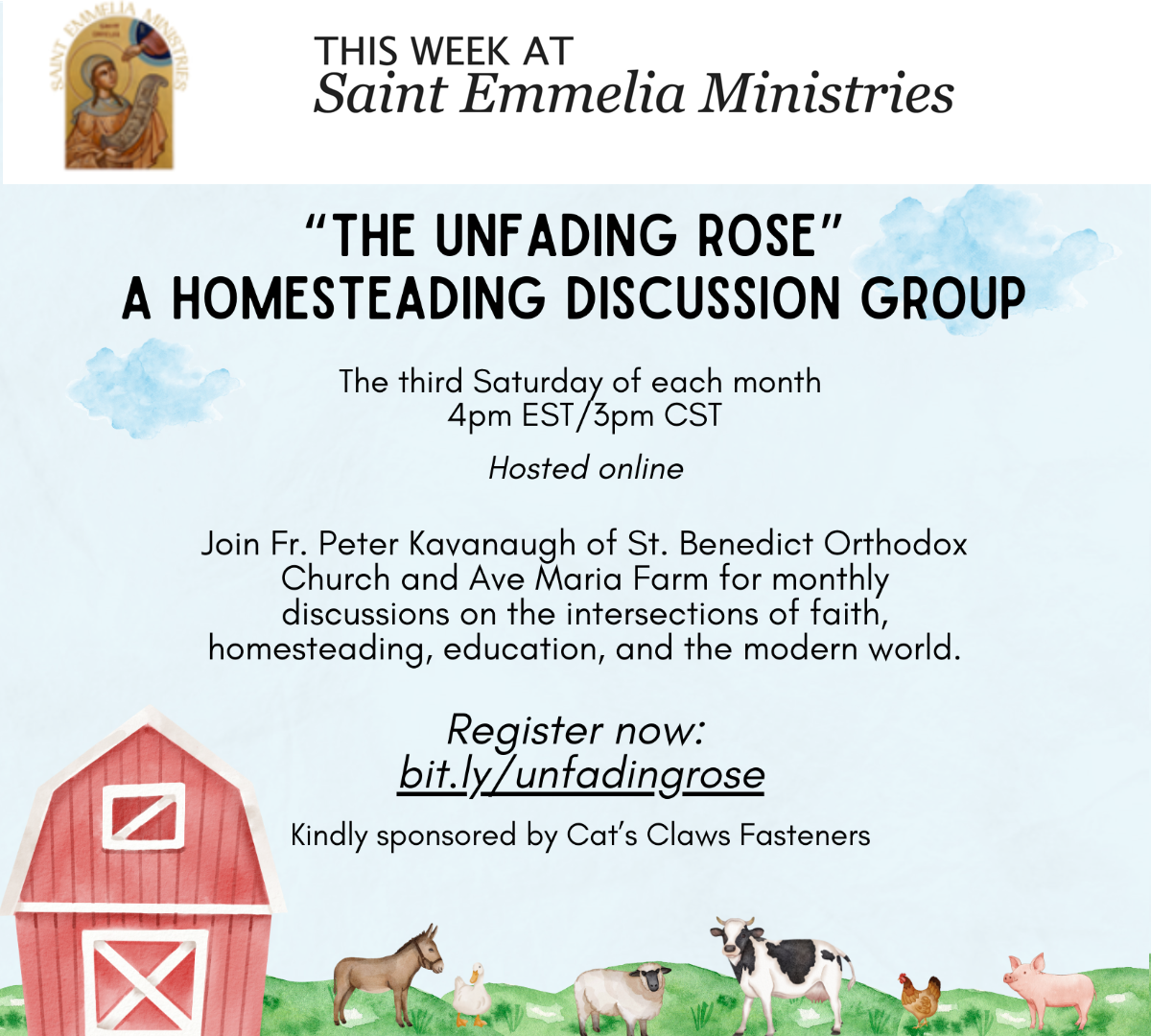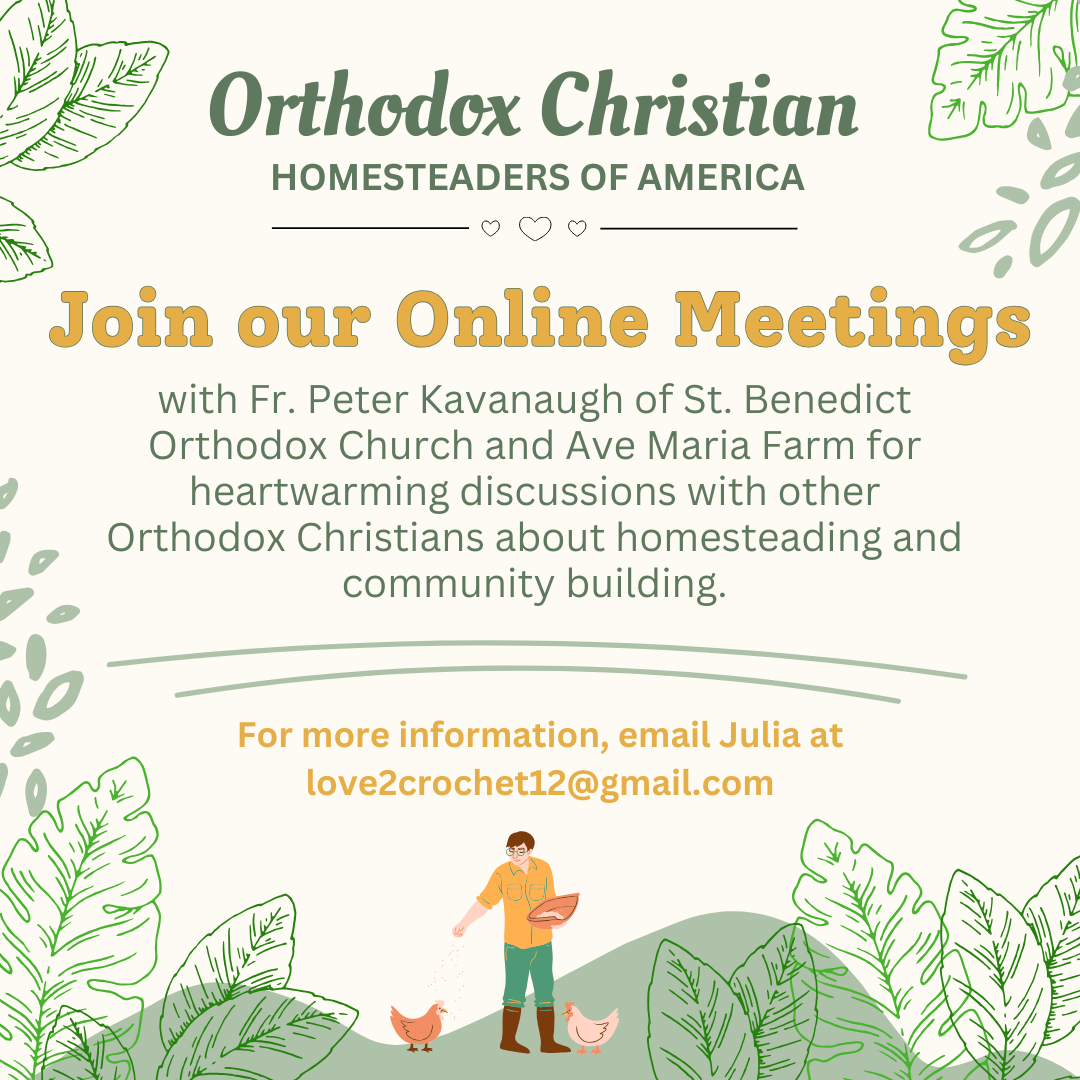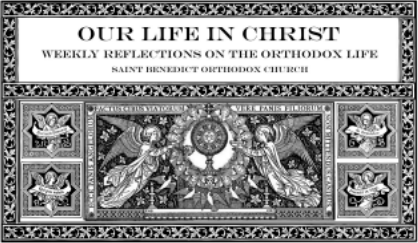Ave Maria Farm Retreat
Spiritual Retreat and Community Garden Planting
March 9-14

We are gearing up for our third Spring Retreat and Community Garden Planting at the Ave Maria Farm. If you are interested in attending please reach out by email: Father Kavanaugh@gmail.com
This will be an opportunity for prayer, fellowship, and hard work as we plant our community garden — putting St. Benedict’s philosophy to practice: Ora et Labora! Please feel welcome to participate in whatever manner you are comfortable and reach out if you have questions. Here is the itinerary and a few matters to help you prepare and have a great time.
Continue reading “Spiritual Retreat at the Ave Maria Farm”